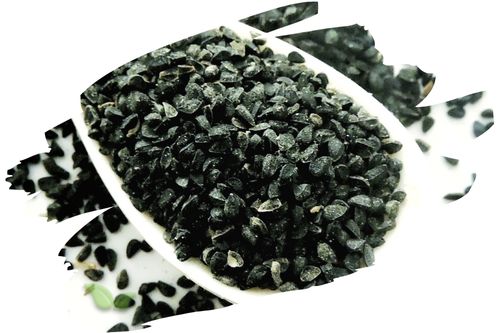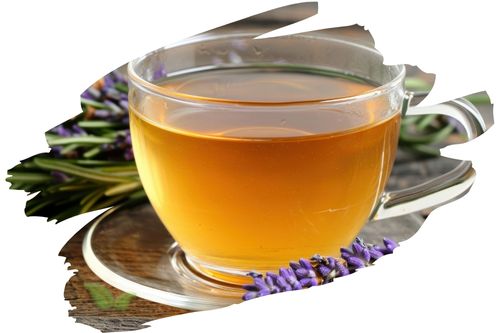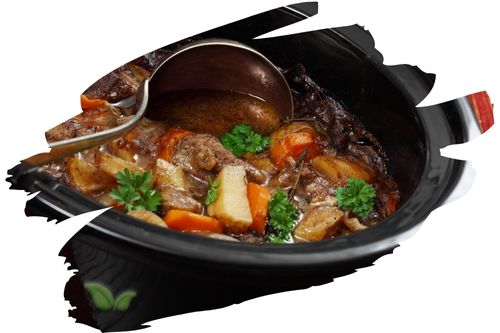
Spices have played an important role in African cuisine for thousands of years. Many spices were introduced to Africa through trade routes, such as the spice trade that linked Africa with India and the Middle East. As a result, African cuisine is known for its rich and complex flavors that are often infused with a wide variety of spices. Here are some examples of spices commonly used in African cuisine and their history in the region:
-
Pepper: Pepper was introduced to Africa through the spice trade and quickly became a staple in many African cuisines. Black pepper, in particular, is commonly used in North African and Ethiopian cuisine to add heat and flavor to dishes.
-
Cardamom: Cardamom was introduced to Africa through the spice trade and is used in many East African cuisines, particularly in dishes like biryani and pilau rice.
-
Cumin: Cumin is native to the Middle East but was introduced to Africa through trade routes. It is commonly used in North African and Ethiopian cuisines to add earthy, warm flavors to dishes.
-
Ginger: Ginger is native to Asia but was introduced to Africa through the spice trade. It is commonly used in West African and Southern African cuisines to add warmth and spice to dishes.
-
Turmeric: Turmeric was introduced to Africa through the spice trade and is commonly used in North African and East African cuisines to add color and flavor to dishes.
Spices have had a profound influence on African cuisine, helping to shape the unique flavors and culinary traditions of the continent. Today, African spices continue to be used in local dishes and are also exported to other parts of the world, where they are appreciated for their bold and complex flavors.
Alert: While spices can have many beneficial properties for health, using them for medical purposes should be done under the guidance and supervision of a healthcare professional or specialist. Some spices may interact with medications or cause adverse reactions in certain individuals, and it is important to use them safely and appropriately. If you are considering using spices for a medical condition, it is important to consult with a healthcare professional before doing so.




















































